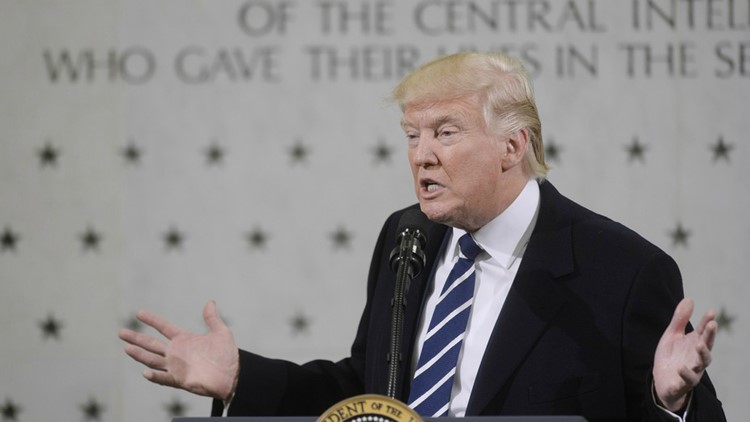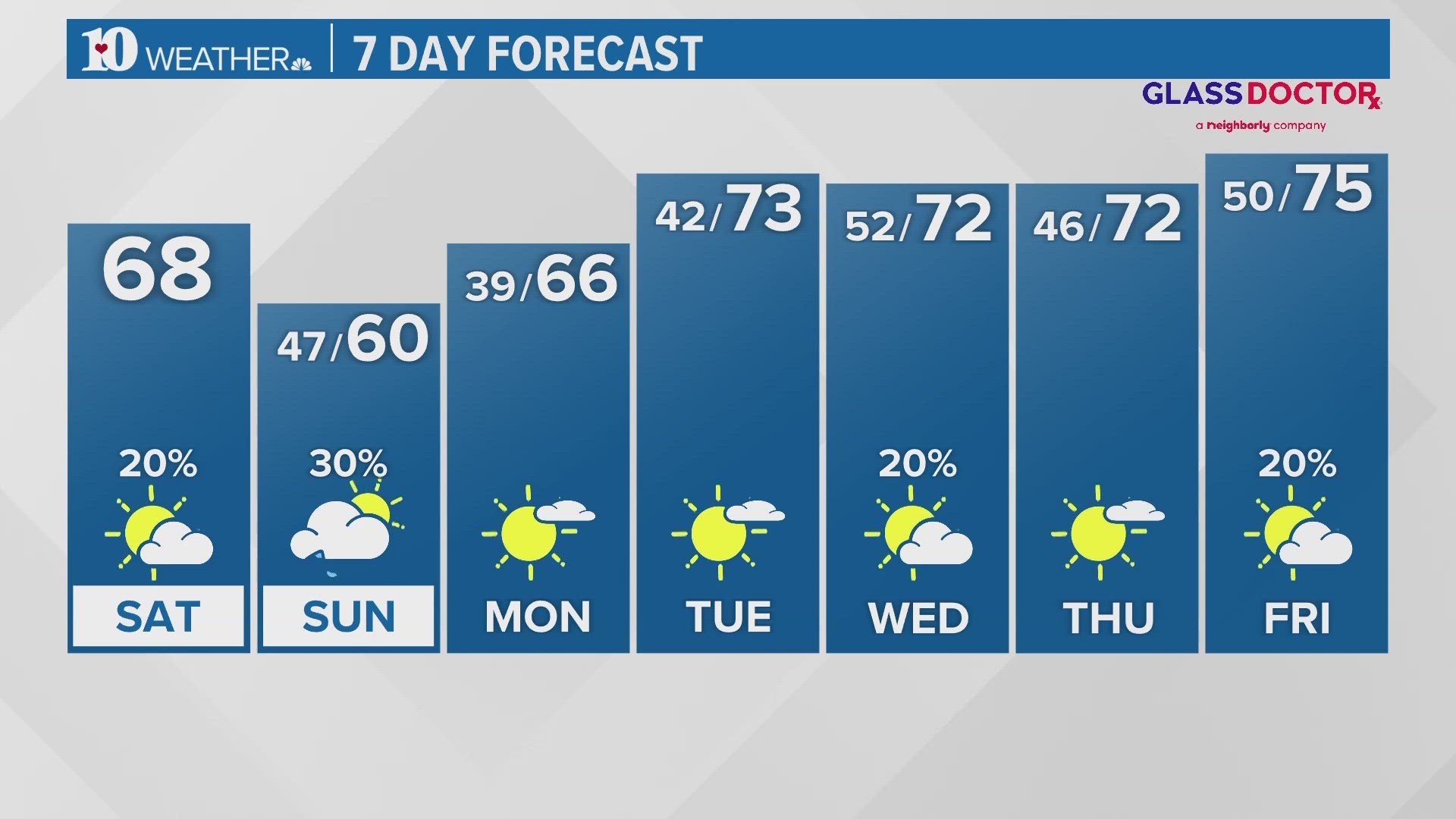President Trump has gotten off to a rough start with the intelligence community.
The day after being sworn in, Trump spoke at CIA headquarters in an apparent attempt to mend his relationship with the agency. The relationship was frayed in large part due to Trump’s skepticism about an intelligence assessment that suggested Russia had hacked into the emails of the Democratic National Committee and Democratic presidential candidate Hillary Clinton’s campaign.
Where did this skepticism come from? Trump — along with some security experts — has expressed doubt about the complexity of cyberattack attribution and the reliability of the intelligence sources. This skepticism seems to be fueled by the desire for irrefutable evidence of Russian interference in the election.
At Georgetown University, I study and teach how the intelligence community collects, analyzes and circulates sensitive information to policymakers and elected officials. I’d like to point out some of the misunderstandings about intelligence activities exhibited not only by the new president, but in the media coverage of the Russian interference in the presidential election of 2016.
Correcting these persistent myths is important because they set unrealistic expectations about intelligence production and analysis. These false expectations could damage the credibility of the U.S. intelligence community and its ability to fulfill its mission.



